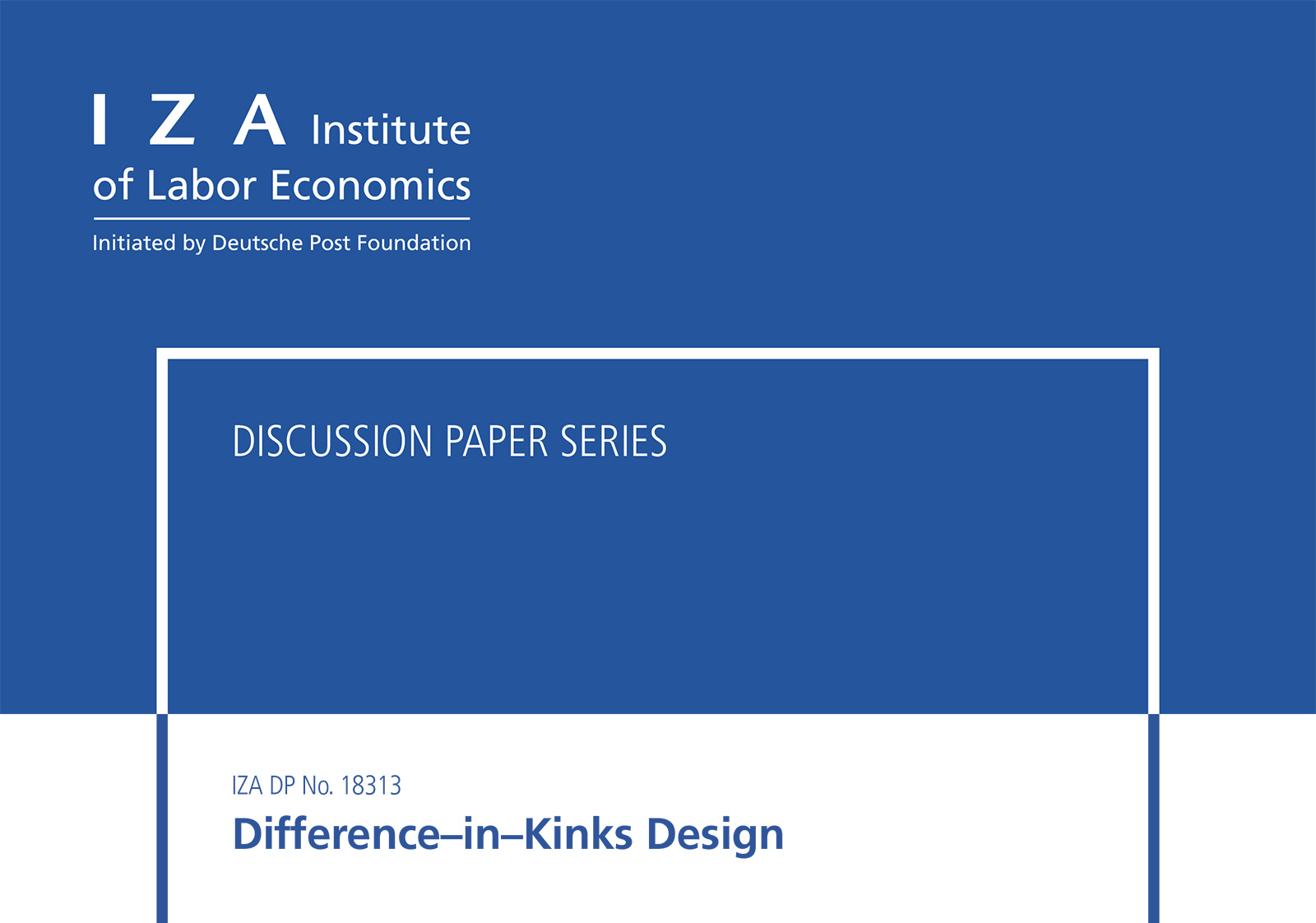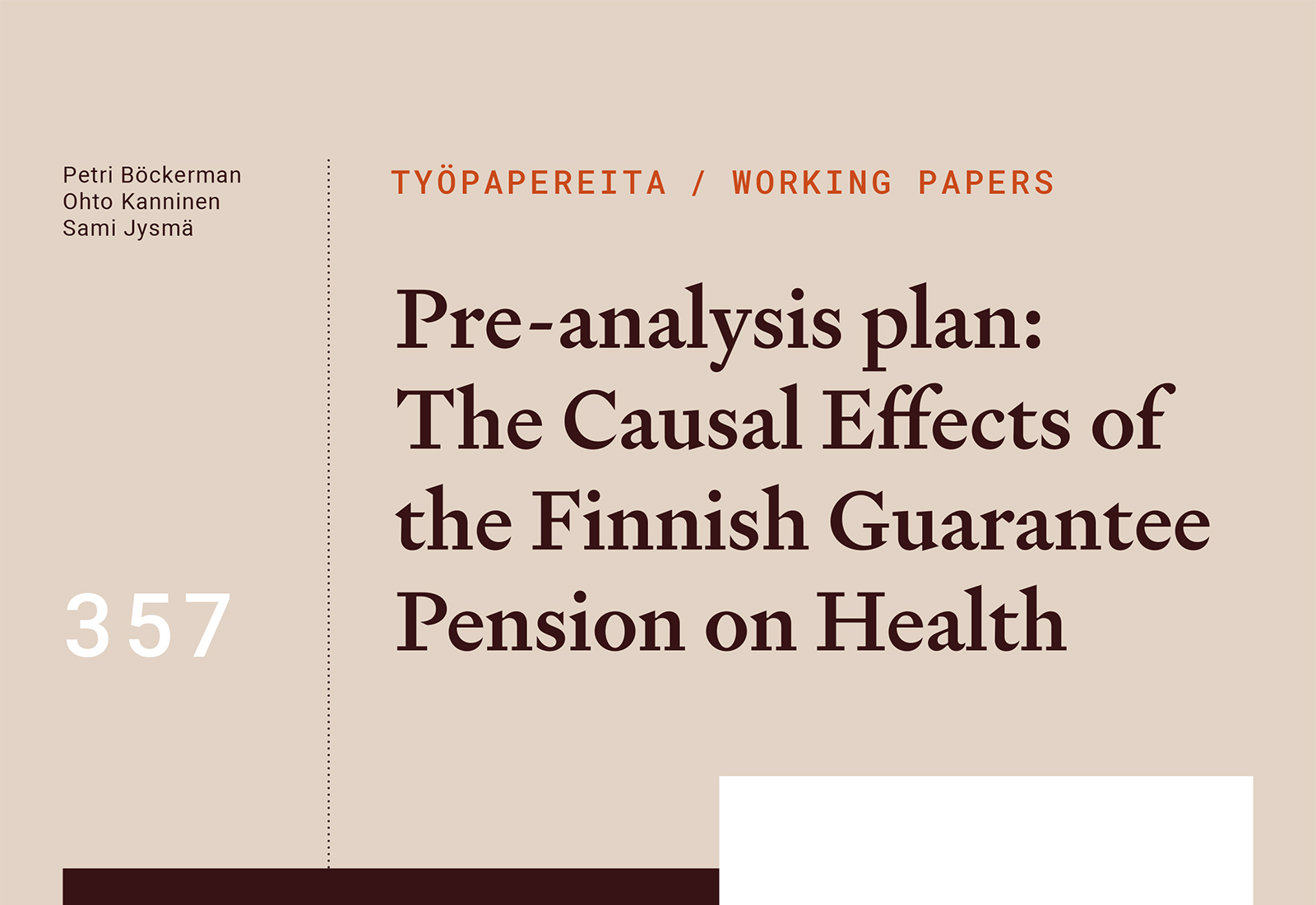Debt Burden of Job Loss in a Nordic Welfare State
Abstract
The paper investigates the impact of involuntary job loss on severe debt problems in Finland, where up to 50% of income may be subject to wage garnishment for 25 years. We use linked employer-employee data combined with unique administrative records covering debt enforcements from 2007 to 2018. Our event study analysis uncovers a robust and persistent impact of job loss, characterized by plant closures and mass layoffs, on debt-related challenges. Specifically, displaced workers have a 5% higher likelihood of enforced debts in the year of displacement compared to the control group.
This effect increases, peaking at 16% four years post-displacement and maintaining a substantial level of roughly 10% nine years afterwards. Effects are particularly large for unpaid taxes, penal orders and fines, while job loss demonstrates only a modest impact on unpaid social or healthcare payments and alimonies. Moreover, these effects are more profound among males, less educated, and individuals already burdened with excessive debt, such as mortgages, prior to displacement.
Publication Information
Maczulskij, T., Kanninen, O., Karhunen, H., & Tahvonen, O. (2024), Debt Burden of Job Loss in a Nordic Welfare State, ETLA Working Papers No 115.
- ISSN: 1795-1801 (Online)
- ISBN: 978-952-209-205-2 (Online)
- JEL: D14, G51, J64, J65
- Publication in PDF-format

- Hannu Karhunen
- Research Leader
- Tel. +358-40 940 2779
- hannu.karhunen@labore.fi
- Profile

- Ohto Kanninen
- Chief Researcher
- Tel. +358-41 513 7175
- ohto.kanninen@labore.fi
- Profile


